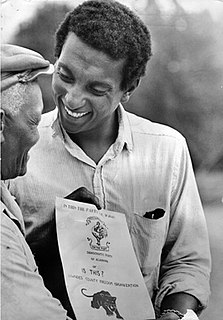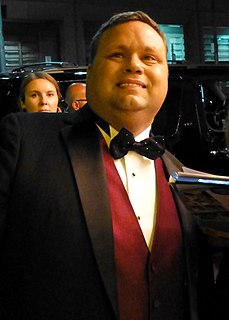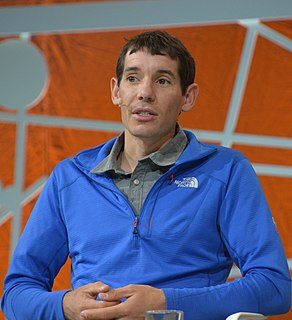Цитата Эвана Дэвиса
Великобритания, однако, в конечном итоге стала специализироваться на том, чего вы не так часто видите: аэрокосмической обороне, производстве карданных валов для автомобилей, таблетках и лекарствах, разработке чипов, которые используются в 94 процентах мобильных телефонов в мире.
Связанные цитаты
Мексика не собирается строить ее [стену], мы собираемся ее строить. И это будет серьезная стена. Это не будет игрушечная стена, как сейчас, когда по ней проезжают машины и грузовики, нагруженные наркотиками, и они продают наркотики в нашей стране, а затем возвращаются, и, знаете, мы получаем наркотики, они получают наличными, хорошо, и этого не произойдет.
Однажды было вирусное фото Папы Римского, устраивающего свой Папский мобильный парад, и у всех были телефоны. Но была одна старуха, которая так красиво смотрела на него через забор. Она была полностью в моменте. Что касается меня, то я думаю, что не должно быть никаких телефонов во время встречи Папы с мобильным телефоном или на концерте Бейонсе.
Я путешествую по миру, посещая глобальные программы здравоохранения в качестве представителя глобальной организации здравоохранения, PSI, и иногда разрыв, который я вижу, действительно поразителен: люди могут простудиться кока-колой, но очень редко лекарствами от малярии; у большинства есть мобильные телефоны, но они не имеют равного доступа к дородовому уходу.
Я не считаю, что наркотики должны быть незаконными. Я не думаю, что люди должны принимать наркотики каждый день, но я не вижу никакой разницы между людьми, принимающими наркотики так же, как они пьют. Принимайте наркотики в субботу вечером, идите на вечеринку, хорошо проводите время, и пусть кто-нибудь отвезет вас домой или что-то еще, чтобы вы никому не причинили вреда, это нормально. Но если ты проснешься в понедельник утром и примешь их снова, ты станешь наркоманом. Но они должны быть законными.





































